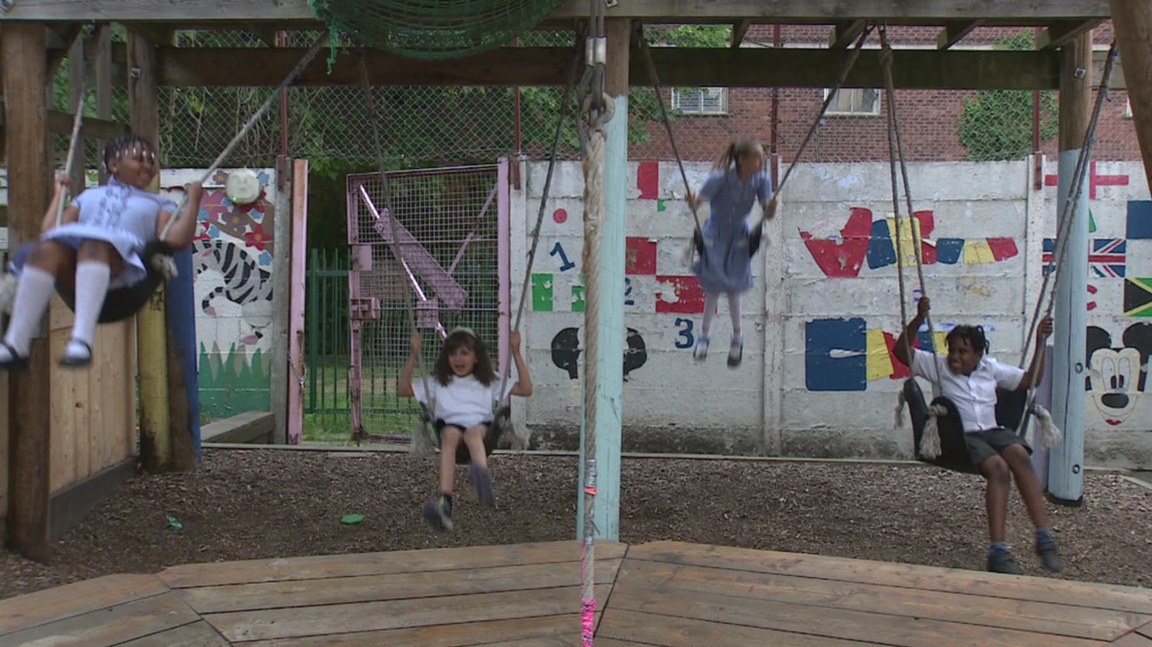Quarter of Londoners living in poverty, charity says
- Published
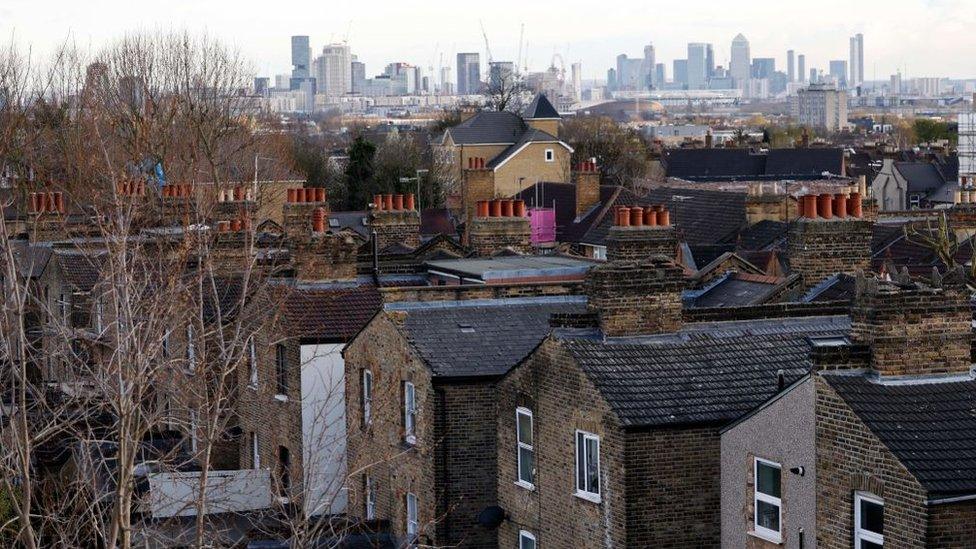
Between 2020 and 2021, 1 in 6 working-age Londoners living in a working household were classed as living in poverty
A quarter of Londoners are living in poverty, according to a report from the Joseph Rowntree Foundation.
The charity used government data from 2018 to 2021 to compile its annual report.
It found London has the second-highest rate of poverty in England, with almost 2.3m people going without basics like food and toiletries.
The authors say the situation is likely to have deteriorated since data was collected.
The average percentage of those living in poverty across England for the 2018-21 period is 22% - with London's rate at 25%, second only to the north east of England.
The charity added those in London "were disproportionately likely" go without essentials, fall behind on bills and or be unable to keep their home warm.
Housing costs driving poverty
Prior to this year's report, the foundation said London "consistently had the highest poverty rate for two decades, principally due to very high housing costs".
Although the rate of those in poverty in the capital has fallen 2% for working people in the 2018-21 period, many are facing much higher rental costs than those living elsewhere in the UK.
Londoners in the bottom 40% of incomes who rent privately pay twice the average rent than comparable renters in the rest of the UK, according to the report.
Data for 2020-21 showed 1 in 6 working-age Londoners living in a working household were classed as living in poverty.
The report says 19% of white Londoners in the capital are living in poverty compared to 35% of ethnic minority groups, of which:
54% of Bangladeshi-heritage residents live in poverty
46% of Pakistani-heritage residents live in poverty
42% of Black residents live in poverty
The organisation says the picture for Londoners is likely to be worse now, as the previous data will have been affected by the temporary uplift in benefits during lockdown.
The charity said employment "is still below pre-Covid-19 levels with an increasing share of the population moving into inactivity, and pay has not increased in line with inflation".
'Heart-breaking' findings
Peter Matejic from the Joseph Rowntree Foundation described the report's findings as "heart-breaking", and said it was "wrong to see such a strong and continuing overlap" with poverty rates and race.
He said: "Leaving people to go hungry, skip showers or live in cold homes risks further profound and long-term consequences - not just for individuals' health but for the state's capacity to deliver what all of us as citizens should be able to expect.
"Governments are far from helpless and none of this is inevitable," he said, adding the £20 uplift to Universal Credit "clearly made a huge difference during the pandemic".
"The relief provided by this measure, taken away just as the cost-of-living crisis hit, also demonstrated that the standard rates of social security are fundamentally not fit for purpose, with millions now going without essentials such as food, heating and cleanliness."
A government spokesperson said they "recognise families across the country are facing financial pressures", but said this was "a result of Putin's war in Ukraine and the aftershock of Covid".
They added the government had "intervened with a £26bn support package, which includes up to £1,350 of direct payments to the most vulnerable families next financial year, an increase on 2022's direct payments".
"We are also spending £1.5bn on further support, with England's Household Support Fund directly helping those in need with essential costs, and are currently offering free school meals to all five to seven-year-olds, benefiting millions of children in need," they said.

Follow BBC London on Facebook, external, Twitter , externaland Instagram, external. Send your story ideas to hellobbclondon@bbc.co.uk, external
- Published18 January 2023
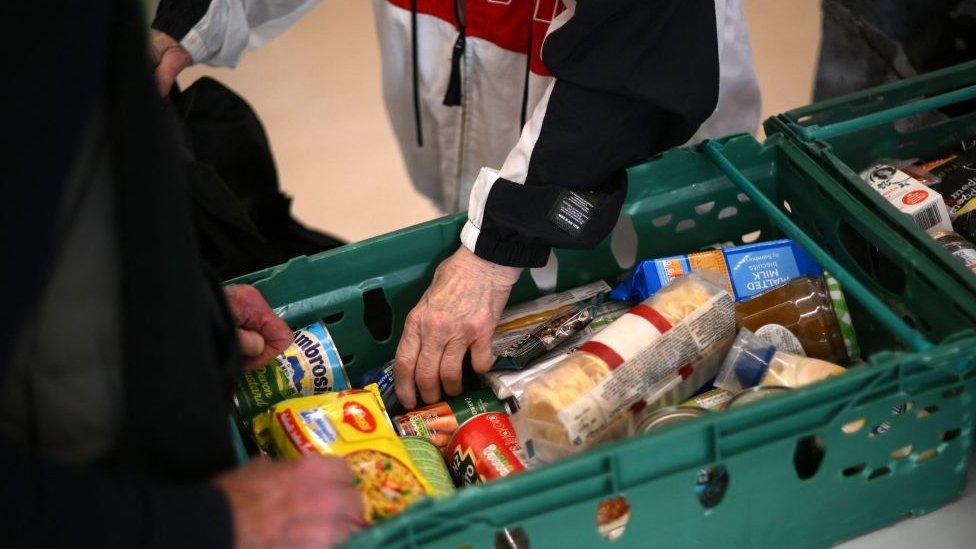
- Published28 December 2022
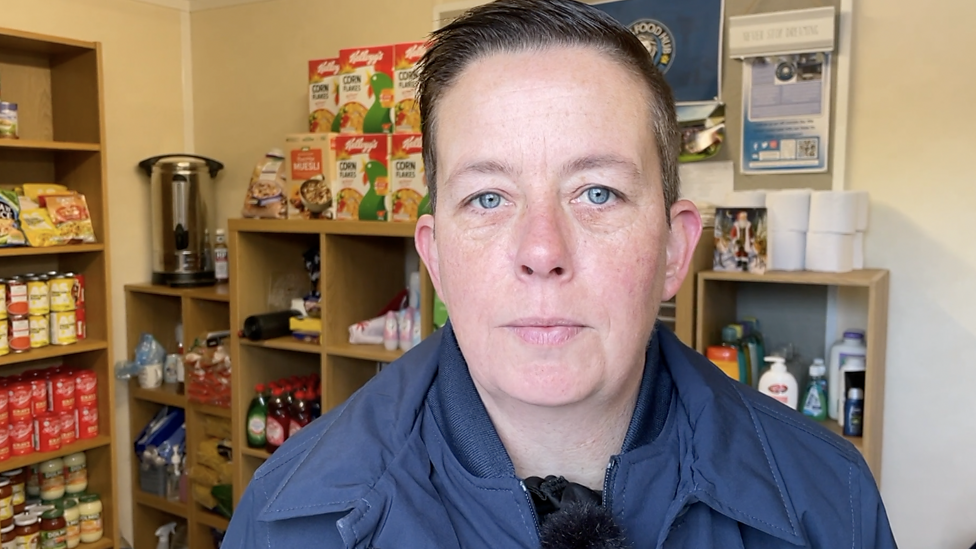
- Published13 December 2022
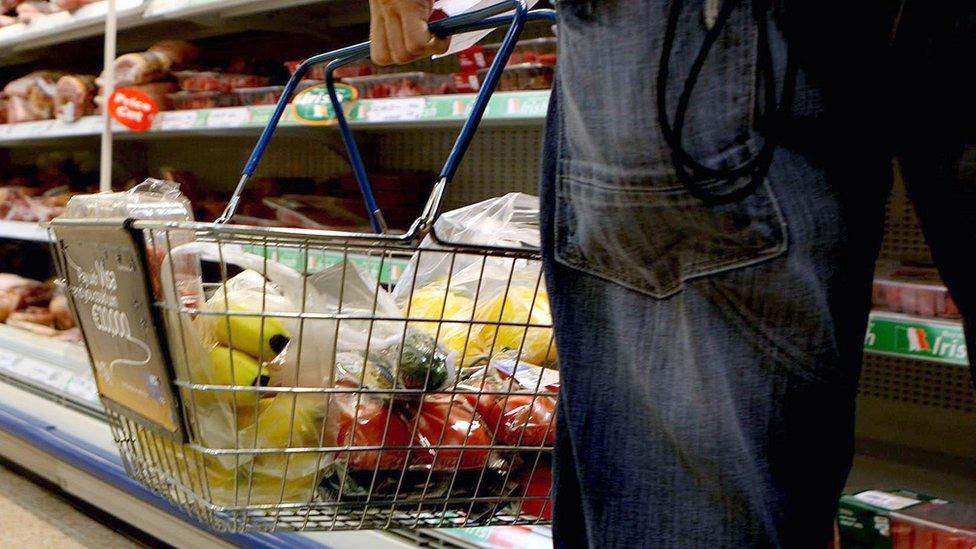
- Published9 December 2022
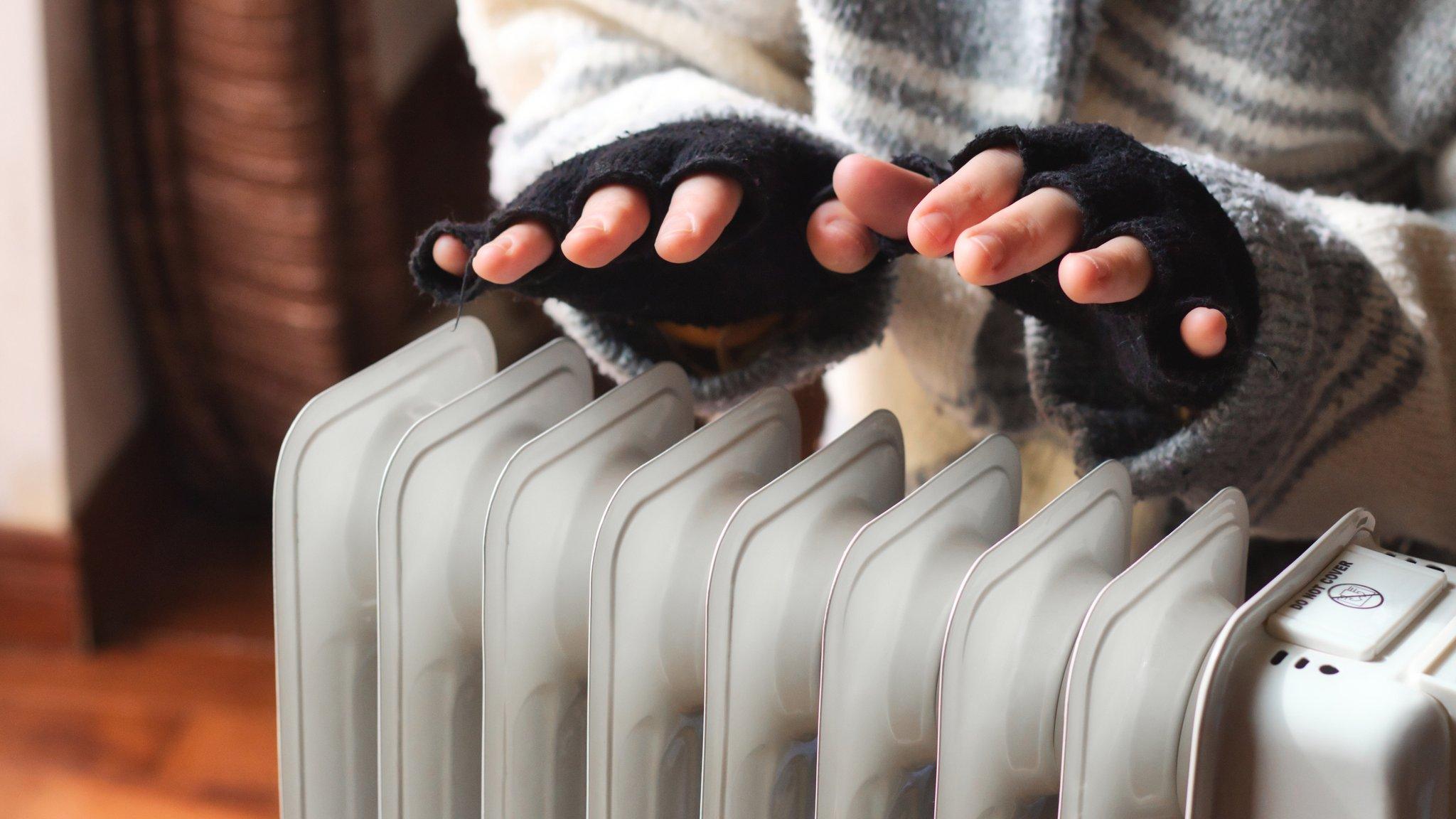
- Published12 July 2022
